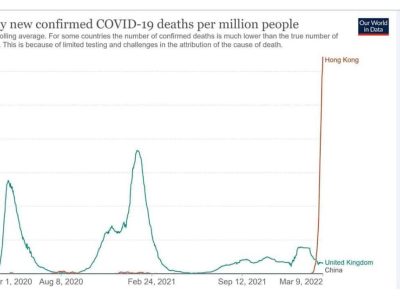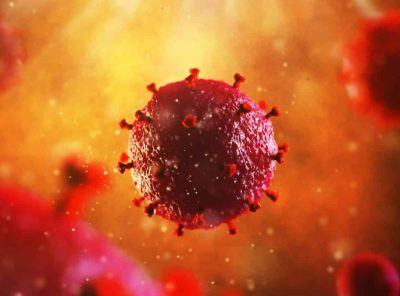Covid in the sewers an early warning
Really, Covid in the sewers? Analysis of wastewater from sewage systems has provided an early warning system for the presence of Covid-19 in communities – showing up in the water samples before people test positive.
This programme is now available ON-Demand by visiting the Science in Action Page, it will be available until Thursday the 24th of March. It will also be broadcast on Sunday the 20th of March in Phuket at 9:00 AM on 91.5 FM and 102.5 FM and Online via the Internet radio portals.
It’s also possible to identify the variants and even specific genetic mutations. Davida Smyth of Texas A&M University has been using this technique in New York and found intriguing results – forms of the virus not present in humans. The suggestion is that mutated forms may be infecting other animals, possibly those present in the sewers.
An analysis of long Covid, symptoms of fatigue, and ‘brain fog’ which occur long after initial infection show that around a quarter of those infected develops these symptoms.
Lucy Cheke of Cambridge University discusses the implications.
Tracking Covid in the sewers employing wastewaters: a reliable indicator for supporting the prevention and management of the pandemic.
In light of the progression of the pandemic and the emergence of the second wave in several countries, tracking the presence of the virus in wastewater is highly recommended, as a relatively cheap and reliable way of gathering essential information. It should be used in conjunction with other public health indicators and can be very useful to establish and adjust public health management strategies. The tool also appears useful in providing targeted ad hoc support in less favoured countries where epidemiological data are not available. A lot more information here.
Ukraine war
The war in Ukraine has highlighted the importance of the region in supplying raw materials and energy to other countries, gas, cereal crops, and fertilisers in particular.
As crop scientist John Hammond from Reading University explains, the stopping of fertiliser exports from Russia, in particular, could impact food security in many countries.
And with unseasonal fires already burning in the Western US Caroline Juang of Columbia University’s Earth Observatory gives us her analysis of the driving factors in the intensification of fires year-on-year.
This week Science in Action will be presented by Roland Pease Producer: Julian Siddle
(Image: USA, New York, steam coming out from sewer. Credit: Westend61/Getty Images)






